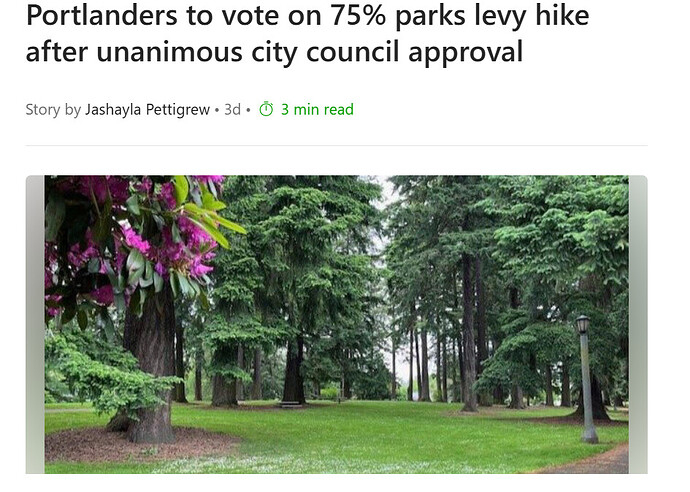I also see another difference between rural and suburbia.
Having grown up rural and now living in a small town I see a contrast in the people and their attitudes.
Rural you either got something done yourself and fixed the problem, worked with a neighbour or few to get it done, or decided it was not a problem worth wasting your time on.
Those farms who had owners who would set priorities, plan, put in time and effort were the tidy, progressive and financially viable farms. Those farms with problems of dysfunction (mental ill health, physical injury or illness, financial mismanagement, etc., or even lack of labour - including childlesness) were the untidy ones with decaying infrastructure, always an injured or unwell animal laying around, and no mojo or beauty of creativity and effort to behold.
In town, there are more bills, less independence from systems, and more belief that another person will fix the problem. In town people have been trained to ‘pay and the problem will be fixed’. Water bill, gas bill, council rates, insurance, school fees, and so on.
Outsourcing responsibility for something only has good consequences if the person it is outsourced to does a good job.
We are seeing the consequences of the outsourced responsibilities being carried out by inept and fraudulent people and systems.
When people don’t even know their neighbours they become selfish and isolated and the consequences of their actions or inactions are hidden and meaningless. And when a town gets large enough to have suburbs that are ‘better’ and ‘worse’ than each other, people become more detached from caring about ‘others’ whom they can’t identify with.
In rural communities, you know if you stuff something up badly who it will affect and how. Overspray roundup in your yard in town and you could kill the prize winning roses of your neighbour next door whom you have never met.
Accidentally overspray on a farm and you know you will ruin your neighbours crop of whatever, which may mean less fodder for them next year, and less fodder in the district for everyone who needs it, potentially including you.
Complexity in all chains of service and supply also creates distance, as well as disassociation from care and consequences for others.
State Governemnt here is changing rules as fast as it can to tax everyone to the hilt and try and dig themselves out of debt created from covid overspending (sigh), and urban pet projects. It’s backfiring as people are cutting spending on everything, which is hurting businesses and so on.

